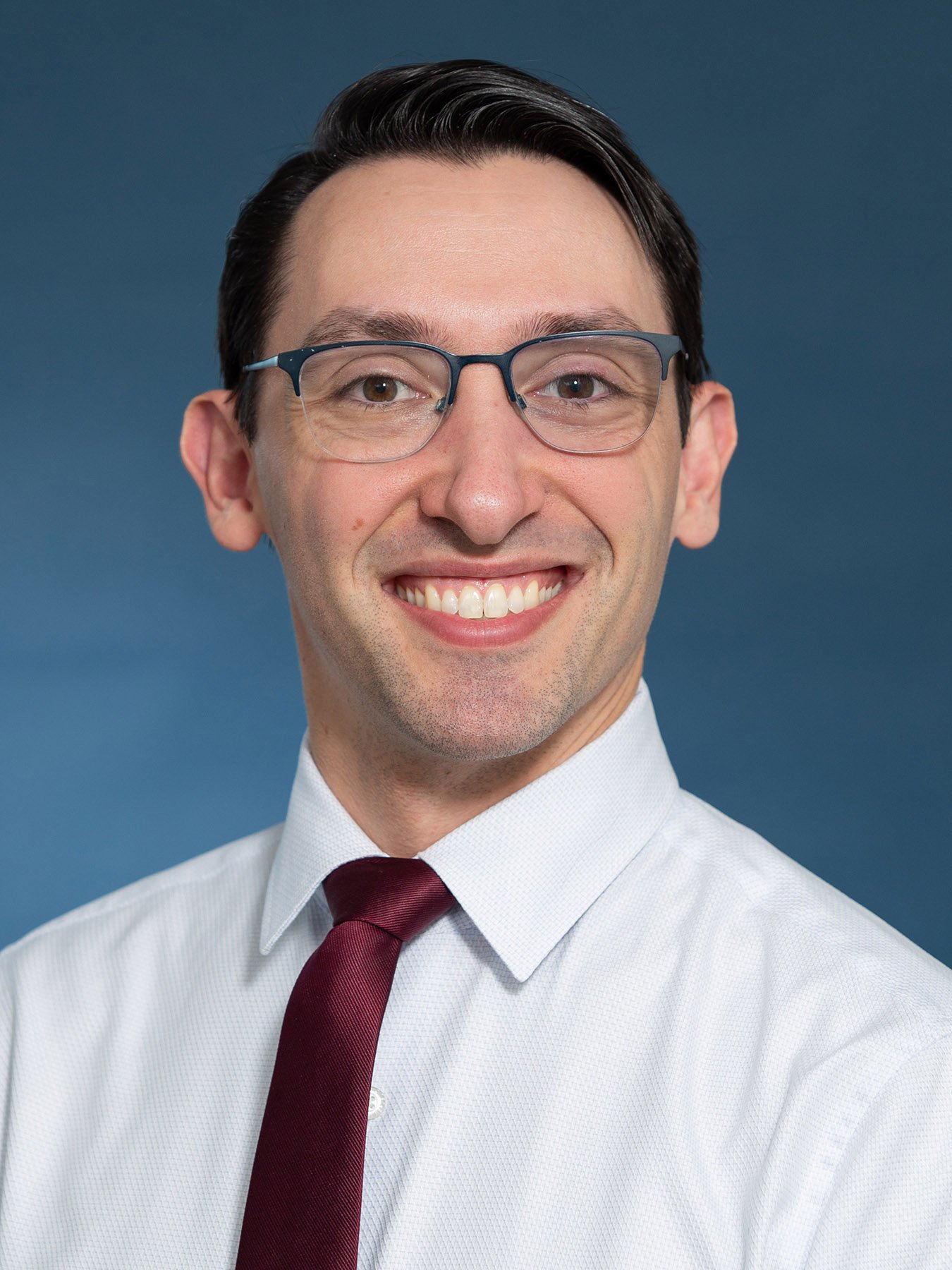How A Health Psychologist Can Help You Through A Difficult Illness
Part Of Our Meeting The Faculty And Staff Series
Date Posted: Wednesday, August 16, 2023A Health Psychologist Can Help You Through a Difficult Illness

Jason Samlin Psy.D.
Dealing with a debilitating disease can significantly affect mental health. Fear, anxiety, and the oppressive burden of pain can send anyone into a severe depression or suffer from acute stress. Over the last 35 years, an area of psychology known as health psychology has emerged to help patients cope and work through these challenges.
Health psychology is the study of how an individual's psychology, cultural, behavioral, and social psychological factors affect their health. UMass Chan Medical School and UMass Memorial Health employ these psychologists as part of an integrated strategy for patients to manage their health and live a better life.
Jason Samlin, Psy.D. is a health psychologist at UMass Chan Medical School and UMass Memorial Health providing this service. Over the years, he has worked with patients suffering from cancer, diabetes, and insomnia. Most recently he has also worked with patients suffering from Ehlers-Danlos Syndrome (EDS). This inherited disease results in many conditions including hypermobility, skin hyperextensibility, tissue fragility, arterial fragility, early-onset gum disease, and brittle cornea syndrome.
"Currently, there is no cure for EDS,” says Dr. Samlin. “Patients suffering from this condition can have trouble working, walking, and getting appointments." That's just part of the challenge. The disease is so rare, affecting approximately 1 in 5,000-20,000 people, many doctors don't even know much about it. And due to the wide range of ailments, patients often have to see many specialists, including cardiologists and rheumatologists, an overwhelming task at best. Managing all the many doctors' appointments when other symptoms can be insurmountable. And that’s when a health psychologist steps in.
One of the significant benefits of a health psychologist is their close proximity to medical care. Unlike traditional clinical psychology, where patients are often seen in stand-alone offices, health psychologists primarily work in the hospital or clinical settings. Their proximity to the specialists treating these patients enables them to not only help the patient navigate all their different treatments, but can also serve as their advocates.
Dr. Samlin says that treatment for patients with health conditions includes several components. It involves Cognitive Behavioral Therapy (CBT), a treatment that has been used to help manage the psychological effects of other medical illnesses such as diabetes and chronic pain. This involves reframing a patient’s view of a situation as well as changing their behavior and their coping mechanisms. Treatment also frequently involves managing anxiety and depression as well.
"The first step we work on," he says, "is to validate their experience as well as to get them to accept their diagnosis and the treatment it involves." From there, a patient can work on strategies to help them realize the future they want for themselves despite the challenges of their illness. This can take as little as a few sessions, or it can take several months. It goes on until the goals are met. Generally, patients meet with Dr. Samlin every other week or as needed.
Having a health psychologist as part of your integrated healthcare program helps patients created an action plan to live a full life while managing hardships that illness can throw in their path. Although being sick can be an impediment, it doesn’t have to ruin all future goals and dreams. Finding a health psychologist to work with could be all you need to get you through a challenging health episode.
Dr. Samlin has a B.A. in Psychology from Syracuse University and a Psy.D. in Clinical Psychology from Rutgers University Graduate School of Applied and Professional Psychology.
He interned at the University of Massachusetts Amherst Center for Counseling and Psychological Health and did his postdoctoral fellowship in Behavioral Medicine at Chase Brexton Health Services.
To find out more about Ehlers-Danlos Syndrome, go to https://www.ehlers-danlos.com/
Follow us @UMassPsychiatry



